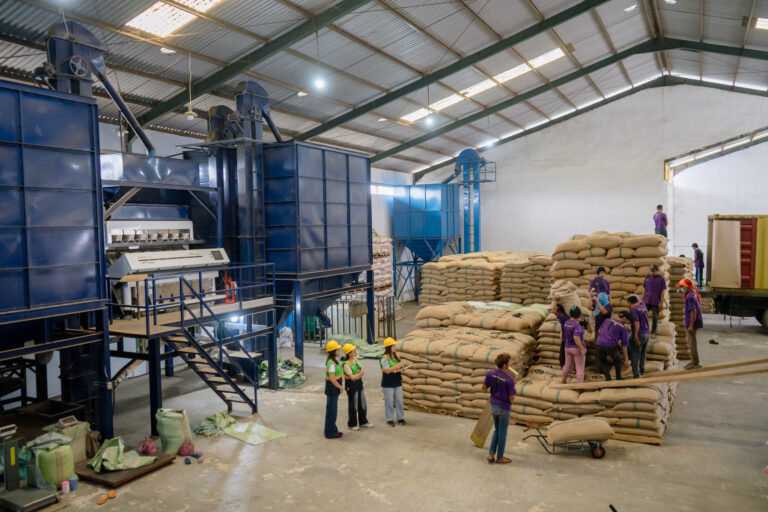Europe is one of the regions with the highest coffee consumption in the world, with demand reaching more than 2.4 million tons annually. Countries such as the Netherlands, Belgium, and Germany are strategic targets for Indonesian coffee exporters. This shows that the European market holds tremendous potential for national coffee that can compete in quality and continuity of supply.
The trend of Indonesian coffee exports to Europe shows encouraging growth. For example, the value of exports to the Netherlands reached USD 9.2 million in 2017 with an annual growth rate of around 23.4% in the last five years. The average consumption of four cups per day in Europe emphasizes that the demand for quality coffee is very high. This means that this market can be a fertile ground for Indonesian coffee industry players who want to increase exports.
Belgium plays an important role as a coffee distribution hub in Europe. Around 85% of coffee entering Belgium is then re-exported to other countries, making it a strategic entry point for Indonesian coffee products. By cooperating with distributors in Belgium, Indonesian exporters can expand their reach to other European markets more efficiently.
Meanwhile, Germany is the largest coffee importer in Europe. In 2021, Indonesia’s coffee exports to Germany reached USD 60 million. However, Indonesia is still in the ninth position as a supplier, indicating a huge opportunity that has not been optimized. Germany is a priority market worth focusing on to boost export volume.
To penetrate the European market, Indonesian coffee needs to meet strict standards from the European Union. These requirements include food safety, environmental sustainability, and limited use of chemicals. Certifications such as Fair Trade and Rainforest Alliance are also a plus. Fulfilling these standards not only opens export doors, but also increases international market confidence in Indonesian coffee.
Quality improvement must also start from upstream. Coffee farmers and industry players need to adopt more modern cultivation and post-harvest processing technologies. Plant rejuvenation programs and effective pest control are also key. Investment in the production sector will strengthen Indonesia’s coffee competitiveness in the global arena.
In conclusion, while the potential for Indonesian coffee exports to Europe is huge, success depends on the ability to meet international standards, consistently maintain quality, and utilize strategic distribution channels such as the Netherlands and Belgium. With the right strategy, Indonesian coffee can not only be present in the European market, but also become one of its major players.





